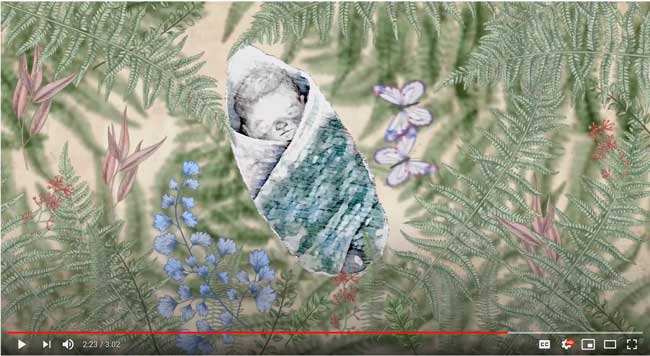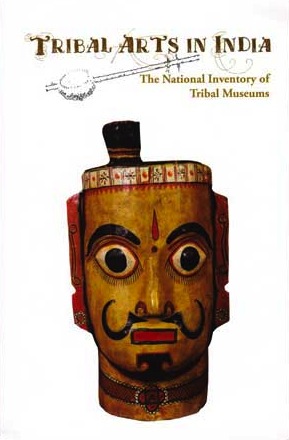The peer learning programme builds on the particular power of museums to draw on past stories of rapid transition and transformation; and inspire museums and their communities to shape new stories and actions to address the climate and ecological emergency. | Learn more >>
Address: https://happymuseumproject.org/museum-teams-join-new-peer-learning-programme/
Date Visited: 17 September 2021
The Happy Museum Project looks at how the museum sector can respond to the challenge of creating a more sustainable future.
It supports museum practice that places wellbeing within an environmental and future-facing frame, rethinking the role that museums can play in creating more resilient people, places and planet. Through action research, academic research, peer networking and training it supports institutional and community wellbeing and resilience in the face of global challenges.
Museums can inspire a re-imagining of a society that values cooperation and stewardship of our surroundings as much as it does economic wellbeing, writes Tony Butler.
The inspiration to re-imagine the purpose of museums was born out of the observations I made as director of the Museum of East Anglian Life (MEAL) in Stowmarket – a open-air museum with historic buildings and working collections in a beautiful natural environment.
My aim was to place MEAL within the rhythm of local life, whether it’s leading the Plough Sunday commemorations in the parish church in January, running a popular beer festival in June or hosting a bonfire party in November. The museum exists to encourage people to look at the world differently; and to help achieve this we’ve worked with dance companies and the London Sinfonietta, and for three years we have run a successful Gypsy arts festival.
MEAL runs a range of learning programmes, using its historic buildings, landscape and collections to inspire vulnerable people. This includes training and skills development for adults with learning disabilities and long-term unemployed people, a resettlement programme for inmates from a local prison, therapeutic placements for mental health service users, reminiscence training for carers of people with early-stage dementia, and training schemes for young people with behavioural problems.
It was soon clear that being engaged in these activities at the museum made participants happy. They formed new friendships. They ran each other to the shops and supported each other through personal problems; people who previously had led isolated lives had a new-found confidence to socialise. They began to trust one other; they had discovered a new sense of status and they became more adaptable. Far from being a refuge, the museum had become an amazing springboard for participants.
The programmes MEAL offered could have been carried out anywhere – on an industrial estate or in a forest park – but what made them special was the use of cultural heritage within a museum, which many were encountering for the first time. […]
Museums should take advantage of the widespread sense of public trust they enjoy, their position as public spaces and their status as a sanctuary from commercial messages “with little to sell but understanding and enjoyment” (apart from the ubiquitous gift shop).
The paper concludes with a set of eight principles that provide a starting point for creative inquiry. They examine how museums might cement the linkage between wellbeing and environmental sustainability, how they might pursue more mutual relationships within civic society, and how they might better articulate the possibilities of a good life in a low-carbon world. […]
At a recent Happy Museum symposium in Snape, Suffolk there were further provocations to museums to use their inherent qualities to re-imagine a future with a more resilient global and local community. Paul Allen from the Centre for Alternative Technology in Machynlleth noted that museums can tell “a realistic and joined-up story of how we have got to where we are today”. Their assembled knowledge and artefacts from mining to rural life hold the potential to really bring this story to life.
Andrew Simms from nef noted that museums with their collections spanning thousands of years of human history were well placed to debunk the “myth of permanence”. Museums are able to show how people have both adapted and rallied in the face of both sudden cataclysms and gradual trends. […]
Museums need to realise their role as connector, viewing people not as audiences but as collaborators, not as beneficiaries but as citizens and stewards who nurture and pass on knowledge to their friends and neighbours.
Tony Butler is the Director of the Museum of East Anglian Life and the Happy Museum Project.
Resurgence defines itself as “a magazine for people who care about the environment, enjoy reading, relish new ideas and are looking for inspiration on sustainable living”. Its editor, Indian born peace and environment activist Satish Kumar, is on the Advisory Board of Our Future Planet, a unique online community sharing ideas for real change and in recognition of his commitment to animal welfare and compassionate living, he was recently elected vice-president with the RSPCA. He continues to teach and run workshops on reverential ecology, holistic education and voluntary simplicity and is a much sought-after speaker both in the UK and abroad.
Source: Resurgence • Article – Museums of Happiness
Address: https://www.resurgence.org/magazine/article3644.html
Date Visited: 17 September 2021
[Bold typeface added above for emphasis]

Watch “The Good Ancestor – The Legacies We Leave” (3 min.): An animation that explores the legacies we might leave for future generations >>
Links to some of the most important organisations, thinkers and doers that are leading the way and that have inspired the book The Good Ancestor by Roman Krznaric >>

Read or download titles for free (eBooks & Magazine) >>
Learn more
Adivasi Academy & Museum of Adivasi Voice at Tejgadh
Adverse inclusion | Casteism | Rural poverty
Anthropology | eBooks, eJournals & reports | eLearning
Central Institute of Indian Languages (CIIL) Mysore
Colonial policies | Denotified Tribe vs. “criminal tribe“ | Imprisonment & rehabilitation
eBook | Adivasi Stories from Gujarat – Bhasha Research and Publication Centre (Vadodara)
eBook | Background guide for education
Endangered language | PeoplesLinguisticSurvey.org
Ganesh [G.N.] Devy | Publications | Lecture “A View of Higher Education in India”
History | Colonial policies | Freedom Struggle | Independence
Human Rights Commission (posts) | www.nhrc.nic.in (Government of India)
India’s Constitutional obligation to respect their cultural traditions
Languages and linguistic heritage
Literature and bibliographies | Literature – fiction | Poetry
Multilingual education is a pillar of intergenerational learning – Unesco
Museum & Society – A re-evaluation of Adivasi Heritage by Prof. Ganesh Devy
People’s Linguistic Survey of India | Volumes (PLSI) | PeoplesLinguisticSurvey.org
Scheduled Tribes | Classifications in different states
Video clips taken at Tejgadh and related information
Video | “Nations don’t make us human – languages make us human”: Ganesh Devy
Video | Tribes in Transition-III: “Indigenous Cultures in the Digital Era”